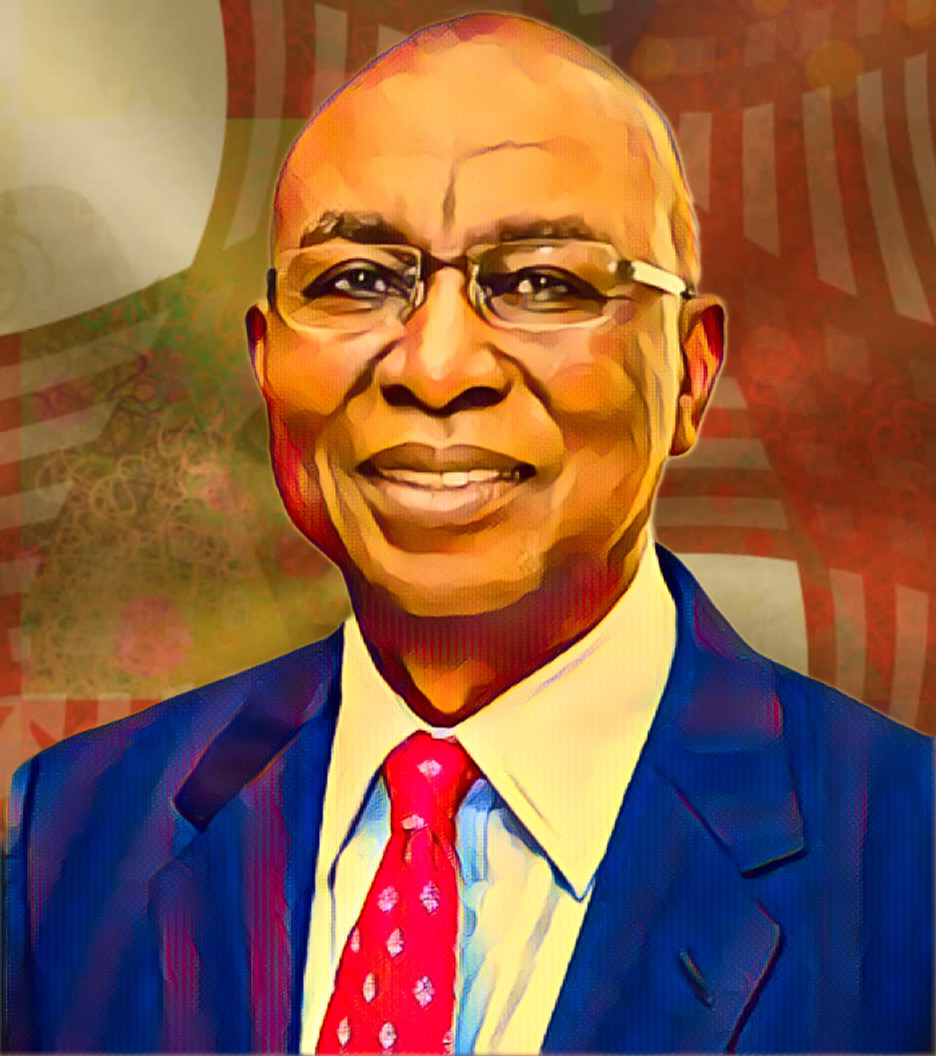Nigeria’s House of Representatives Committee on Public Petitions is embroiled in a controversy with the Nigerian Maritime Safety and Administration Agency (NIMASA). Lawmakers are demanding answers from NIMASA’s Director-General, Dayo Mobereola, over alleged shortcomings in the agency’s corporate social responsibility (CSR) programs, specifically regarding coastal communities. The situation has escalated to the point where the Committee is threatening to arrest Mr. Mobereola if he fails to appear before them.
Coastal Communities Allege Broken Promises
The crux of the issue lies in a petition submitted by the Abade-Toru Manga Community Development Initiative on December 4, 2023. The petition accuses NIMASA of failing to fulfill its CSR commitments to establish educational and skills acquisition programs in coastal communities. These programs were envisioned to provide vital resources and opportunities for residents.
The petition specifically points to a pledge NIMASA supposedly made at the Global Maritime Security Conference in 2019. Back then, the agency allegedly expressed a commitment to developing educational and entrepreneurial training initiatives. These programs would have focused on skills acquisition in areas relevant to coastal communities, such as fishing, logistics, and legal bunkering practices.
However, the petitioners allege that NIMASA fell short of these promises. The group claims that under the leadership of former Director-General Dr. Bashir Jamoh, the agency opted to prioritize the construction of a Maritime Skill Acquisition Centre in Kaduna State, Dr. Jamoh’s home state. This decision left coastal communities feeling neglected and frustrated.
Lawmakers Demand Answers and Accountability
In response to the petition, the House of Representatives Committee on Public Petitions has taken a firm stance. The Committee has summoned Mr. Mobereola to appear before them on July 17, 2024. During this hearing, lawmakers will expect Mr. Mobereola to provide a clear explanation for why NIMASA has not established skills acquisition centers in the five coastal states where it operates: Akwa Ibom, Cross River, Bayelsa, Delta, and Rivers.
Committee Chair Michael Etaba, representing Obubra/Etung Federal Constituency in Cross River State, emphasized the seriousness of the situation. Citing Sections 88 and 89 of Nigeria’s 1999 Constitution, a statement from the Committee reads, “The Committee will direct the Inspector-General of Police, Kayode Egbetokun, to arrest and bring him before the panel” if Mr. Mobereola fails to appear.
The Committee further argues that neglecting CSR initiatives in coastal communities has a cumulative effect. They reason that “governance is a continuum,” and that Mr. Mobereola, as the current Director-General, holds the responsibility to address any shortcomings left behind by his predecessor, Dr. Jamoh.
Uncertainties and Potential Outcomes
The situation between the House of Representatives Committee on Public Petitions and NIMASA remains unresolved. Whether Mr. Mobereola will appear before the Committee on July 17th and what his explanation will be are yet to be seen. Additionally, it’s unclear if the Committee will resort to arresting Mr. Mobereola if he fails to comply.
This situation has wider implications for CSR practices in Nigeria. It highlights the importance of transparency and accountability when corporations, or in this case, government agencies, engage in CSR initiatives. Coastal communities have a right to expect that promised programs are delivered and that resources are allocated fairly.
The coming days will be crucial in determining how this controversy unfolds. The outcome of the Committee hearing and Mr. Mobereola’s response will likely set a precedent for future interactions between NIMASA and the communities it serves.
Source: Punch


